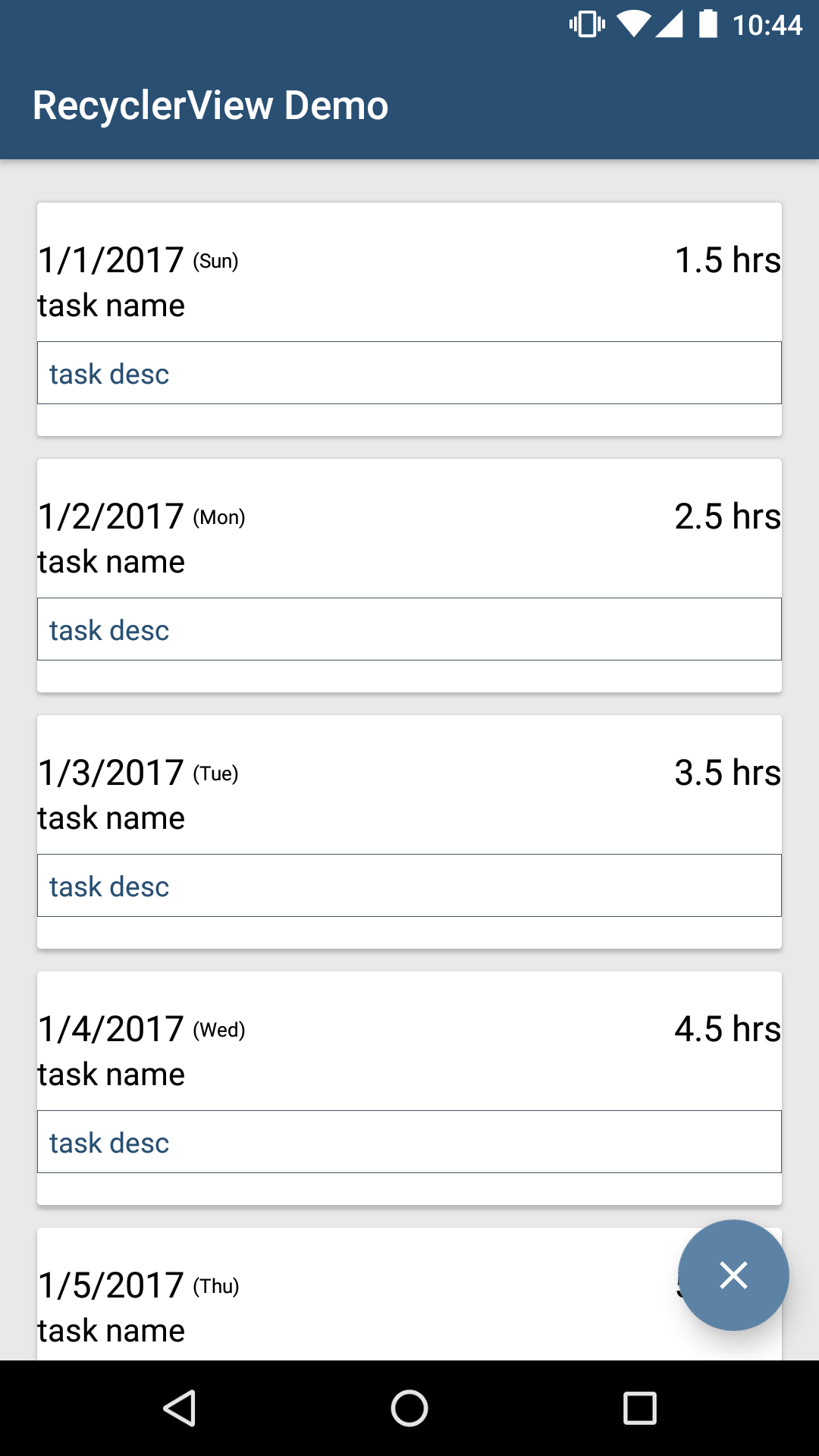Is Your Android App Ready For Google’s Oreo Mandate?
Almost a year ago Google announced a new policy that has big implications for the Android ecosystem: in order to continue publishing to the Play Store, apps must target a recent version of the SDK. …




